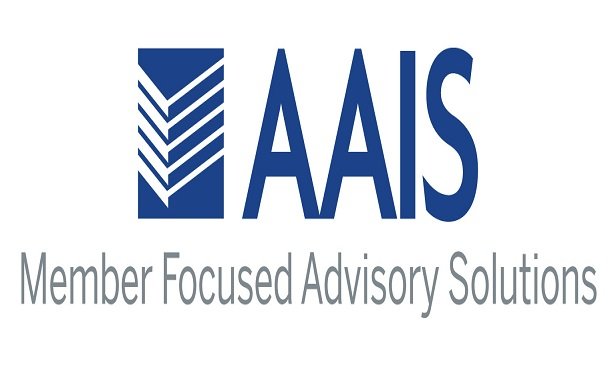A panel of the House Financial Services Committee has reportedout legislation to the full committee that would significantlyrestrict the ability of federal regulators to get financialinformation from insurance companies.
|The bill, H.R. 3559, the Insurance Data Protection Act of 2011,was sponsored by Steve Stivers (R-Ohio) and was approved alongparty lines. The vote was 7-5, with Republicans supporting it andDemocrats opposing it.
|The bill was taken up by the Subcommittee on Insurance, Housingand Community Development Committee.
|It is unclear when it will be reviewed and voted on by the fullcommittee.
|Rep. Luis Guttierrez (D-Ill.), ranking minority member, objectedmost vociferously to the legislation.
|He says it was an industry-written bill, and protested theprovisions stripping the Federal Insurance Office (FIO) of itssubpoena powers.
|Rep. Michael Capuano (D-Mass.) also opposed the legislation “fornow.” His concern was with the provision that required federalagencies to comply with the Paperwork Reduction Act in collectingfinancial information from insurers.
|Stivers says he will work with Guttierrez and Capuano “as muchas possible” to deal with their concerns before the bill is takenup by the full committee. “We're not trying to roll anyone over,”Stivers says.
|He says the purpose of bill is to make sure the FIO is not aregulator, but is merely an information-gathering entity and tomake sure it is collected in the most efficient means possible.
|The bill would revoke the authority of the FIO and the Office ofFinancial Research (OFR), two new entities created by theDodd-Frank Act, to subpoena data from insurance companies.
|The bill also would require the FIO, the OFR, the FinancialStability Oversight Council, and any other federal entity thatseeks data about insurance companies to obtain that data throughthe insurance company's state regulator, another federal agency, ora public source.
|It also requires federal entities and state regulators tomaintain the confidentiality of nonpublic data obtained from orshared with other federal and state regulators.
|R.J. Lehmann, deputy director of the Heartland Institute'sCenter on Finance, Insurance and Real Estate in Washington, washighly critical of the legislation.
|He says it is understandable that insurers would want to avoidcostly and duplicative data requests, but adds that the Dodd-FrankAct already strictly limits the FIO's ability to collect data frominsurers, and grants it the power to issue subpoenas only when itcannot gather information any other way.
|Lehmann says the bill “would leave the office completelybeholden to the states and the National Association of InsuranceCommissioners for any and all information it might need.”
|He adds that it “could potentially compromise the office'scharge to make recommendations to Congress on ways to improve andmodernize the state-based system of insurance regulation.”
|More troubling, Lehmann says, the bill would place newrestrictions on the office's ability to share with other agenciesor the general public any “non-publicly available” data that itreceives.
|This story originally appeared on LifeHealthPro, a separateSummit Business Media website.
Want to continue reading?
Become a Free PropertyCasualty360 Digital Reader
Your access to unlimited PropertyCasualty360 content isn’t changing.
Once you are an ALM digital member, you’ll receive:
- All PropertyCasualty360.com news coverage, best practices, and in-depth analysis.
- Educational webcasts, resources from industry leaders, and informative newsletters.
- Other award-winning websites including BenefitsPRO.com and ThinkAdvisor.com.
Already have an account? Sign In
© 2024 ALM Global, LLC, All Rights Reserved. Request academic re-use from www.copyright.com. All other uses, submit a request to [email protected]. For more information visit Asset & Logo Licensing.








